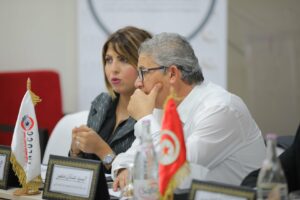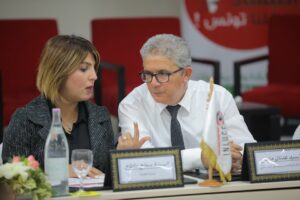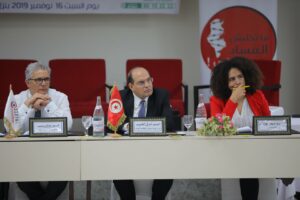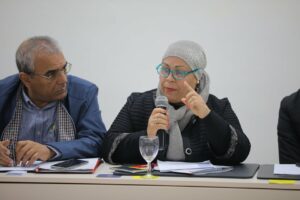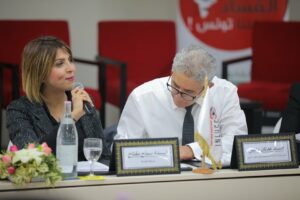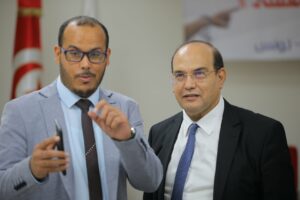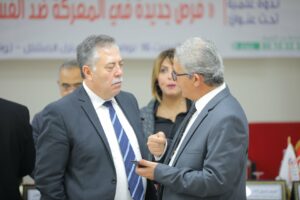Seminar, November, 16, 2019
While the current democratic process has been able to strengthen the principles of transparency in managing public affairs, improving governance by developing legal texts and creating independent constitutional bodies, the political context for the so-called battle against corruption still remains a crucial factor in the success of this effort. This symposium deals with the new political context resulting from the elections, especially the presidential race, and the possibility that this context may represent a new opportunity that gives anti-corruption structures greater moral force in the tasks assigned to them by virtue of the constitution and the law. This event reviews, through three papers, the following points of view:
Presenting the achievements in the work of the National Anti-Corruption Commission: What are the legal limits for this structure in this major battle? What has been accomplished, and what awaits achievement? What are the obstacles to achieving greater victories in the face of corruption? Is the weak government response to the commission, the dispersion of effort in this confrontation, and the political nature of some of the prosecutions, liable to fail the collective efforts to defeat corruption?
What would be the contribution of the new Presidential team in this fight against corruption? Should we expect a new impetus for the government effort and the performance of independent bodies in this field? What are the constitutional obstacles facing a greater role for the presidency in supporting the collective effort against corruption? Can legislative initiatives be initiated in this regard? How is it possible to interpret the requests for administrative and financial auditing in some official institutions? How to interpret the shift in the relationship between the two implementing organizations? Will it be possible to carry on this coordination at the current high level after the formation of the next government?
What role should Civil Society organizations pretend at? The issue of fighting corruption and improving transparency and governance has been a basic focus of civil society, as many civil society institutions insisted on this requirement as a fundamental point for achieving full citizenship and enforcing the rule of law. In this particular aspect, civil society is particularly vigorous and embodied by many large movements. Some youth organizations, taking advantage of the law on access to information, were able to achieve victories in tracking corruption. How might the new political reality enhance coordination and cooperation between official institutions, independent bodies and civil society? Can this coordination be achieved at a structural level, even if just advisory? What are the deficiencies that civil society institutions consider as hindering victory in the battle against corruption?
These issues will be discussed by participants belonging to different perspectives, who are involved by virtue of their tasks or interests, in this subject. After short interventions, each of which dealing with one of the three axes, and out of the brainstorming session, a synthesis paper will be written and delivered to the participants upon their request from the Center for Strategic Studies on the Maghreb.



